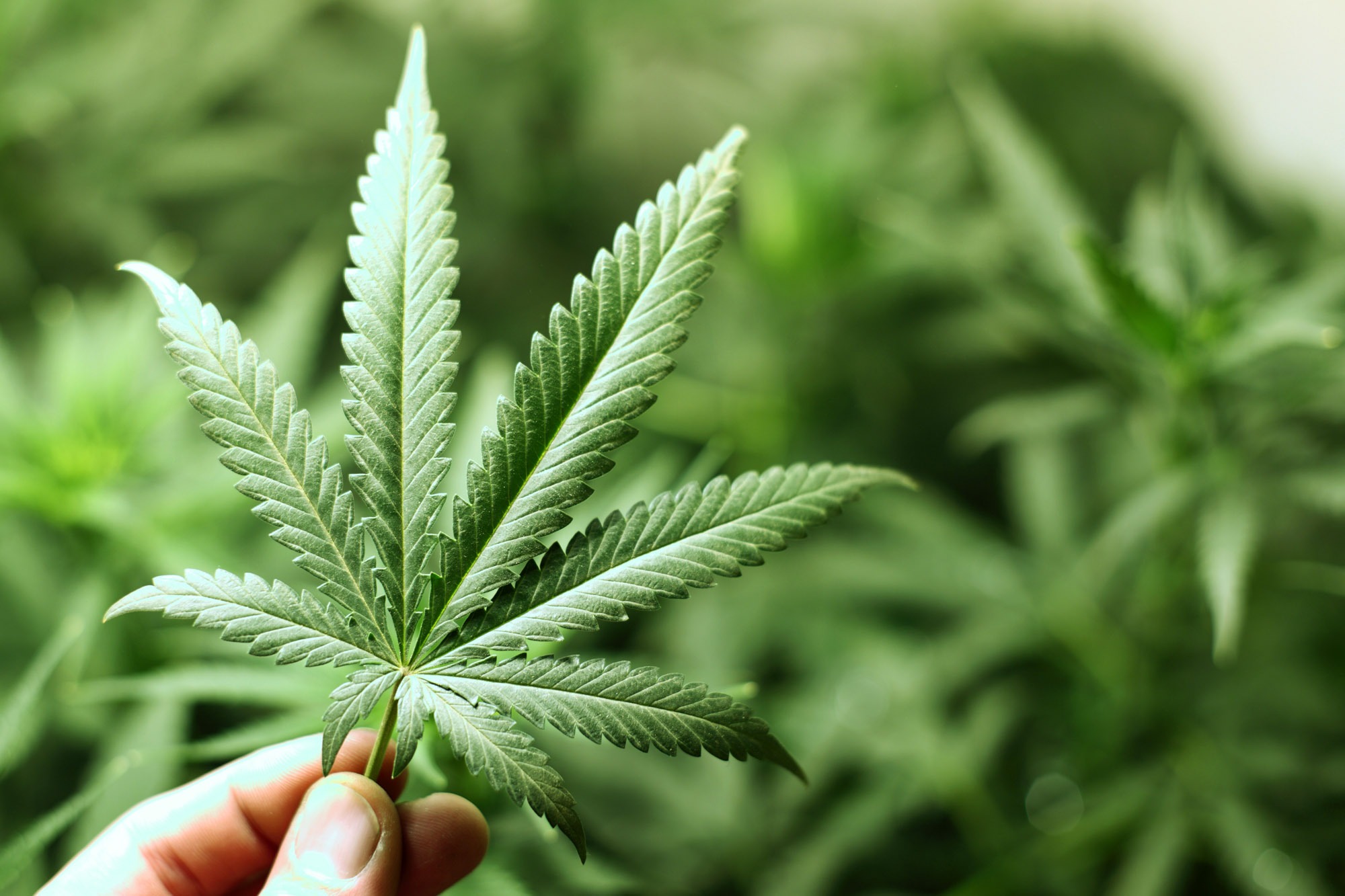A few days ago, I wrote about David Brooks’ inane op-ed titled “Weed: Been There, Done That.” Looking back, what strikes me as most galling about Brooks’ post and other pro-prohibition sentiments that I’ve heard expressed in the past is the shriveled, impoverished, reductive view they have of human character. Their advocacy of prohibition reveals no concern for their fellow humans; it merely highlights their narrowly conceived view of them.
| Prohibitionists seem to believe that once someone, anyone, is exposed to an intoxicant, the consumption of that intoxicant will immediately be placed atop their hierarchy of desires. |
To wit, the (extreme) prohibitionist seems to believe that once someone, any one, is exposed to an intoxicant, a pleasurable one, perhaps offering some palliative relief from daily routine, or diversion, or entertainment, the consumption of that intoxicant will immediately be placed atop their hierarchy of desires. From then on, the user, now an addict, will divert his time, energy, and monetary resources to the pursuit of the intoxicant. Nothing else may compete with its allure.
This—possibly caricatured—description of prohibitionist sentiment highlights its most salient assumption: that pursuit of intoxicatory pleasures will override other goals entertained by the human agent, even if the price to be paid is ill-health or financial ruin.
I hope this sounds ludicrous to you. For humans have many desires that compete for their attention; these are satisfied depending on their standing in our scheme of values, our capacities, and our stations in life. Many are the pleasures we decline because we feel that some competing goal of ours will be compromised. Some of us, admittedly, are unable to adjudicate between competing desires and fall prey to a possibly pernicious indulgence repeatedly; but when these compulsions become pathological, we rightly suggest that such folks seek treatment for behavior that appears to self-destructive.
This point is broader, of course. We are all assumed hedonists by the prohibitionist: any experience deemed pleasurable by us will always be pursued by everyone no matter what its cost. Our tastes are alike; our dislikes and likes are alike.
But all too often, we find that experiences found pleasurable by others are not so for us. Many of my friends love scuba diving. I have been assured it’s an otherworldly experience, taking its exponent into a magical realm beneath the waves. I’m sure that’s the case. But I tried it, and I didn’t like it. I felt no desire to pursue that experience; knowing myself and my capacity to panic at inopportune moments, I reckoned I stood a good chance of hurting myself, and hurting others too, if I continued. So, after one dive down to the Great Barrier Reef, I gave it up.
The understanding of human beings as being constantly and relentlessly afflicted by a form of what the ancient Greeks termed akrasia, and thus not worth being granted the freedom to live their lives according to their own, autonomously-arrived-at scale of values, is prohibition’s central incoherence.







0 Comments